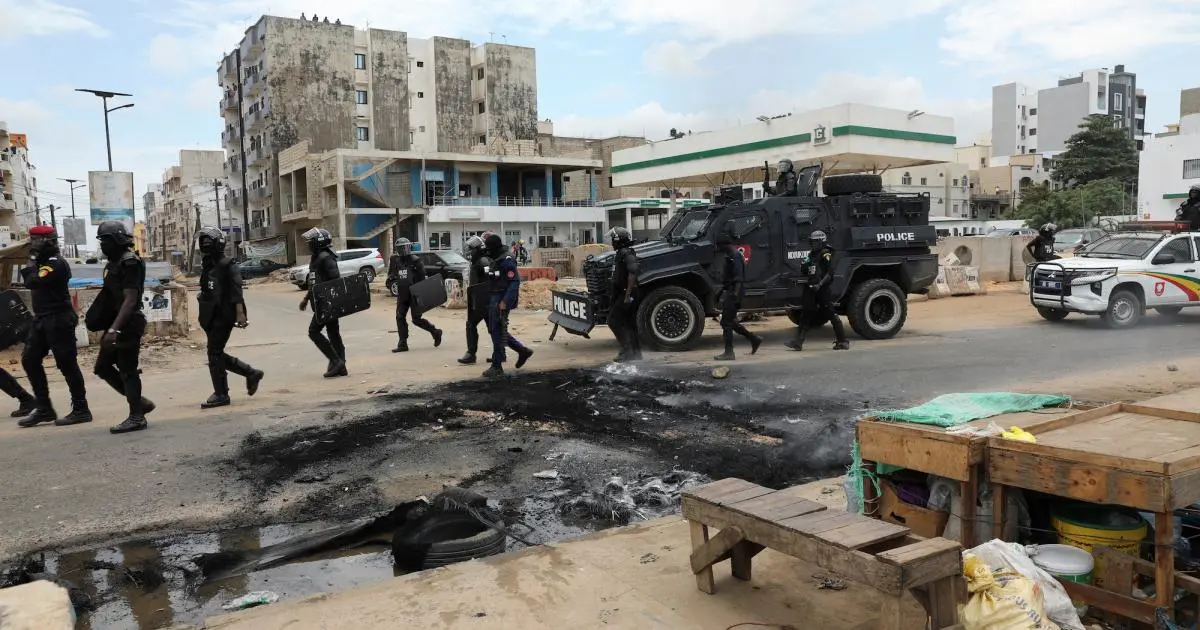
Senegal faces a mounting financial and political storm following revelations that over 114 billion FCFA from a record-breaking Islamic Sukuk issued by the state-owned Built Heritage Management Company (SOGEPA) remain unaccounted for.
Originally hailed as a landmark initiative in Islamic finance, the 330 billion FCFA Sukuk issued in 2022 is now under intense judicial and banking scrutiny.
The Sukuk, backed by ten state-owned buildings in Dakar, was designed to finance economic recovery and diversify public funding.
Its structure involved the temporary transfer of ownership, leasing to the state, and reimbursement of investors through rental income.
Of the 330 billion mobilized, approximately 247 billion passed through the Islamic Bank of Senegal (BIS) under an account titled “Revival of the Economy,” with only 133 billion entering the public treasury.
The remaining 114.4 billion is alleged to have been diverted into parallel expenditures via unauthorized accounts labeled “CRHC Ageroute,” “Ansa Realty,” and “Reprofilage,” raising serious transparency concerns.
In response, Senegal’s Criminal Investigation Division (DIC) has summoned executives from major banks including BSIC, BRM, Bridge Bank, NSIA, Ecobank, BDK, BOA, Banque Atlantique, Crédit du Sénégal, FBN Bank, and Société Générale to clarify their roles in these financial flows. Investigators are examining whether these institutions facilitated or concealed transactions outside formal budgetary channels.
The controversy is not new. A 2022 report from the Court of Auditors, published in early 2024, had already highlighted irregularities in SOGEPA’s Sukuk issuance, denouncing opaque use of public funds and parallel financial circuits.
At the time, the report prompted calls for greater oversight of innovative debt instruments.
Observers warn that the scandal threatens Senegal’s credibility in international financial markets.
The Sukuk was intended to showcase the country’s ability to leverage Islamic finance for development, but the opacity surrounding expenditures risks undermining investor confidence.
Beyond SOGEPA and BIS, the case implicates the wider public management system, including the Ministry of Finance, the Treasury, regulators, and banking partners.
Analysts suggest stronger control mechanisms, transparent audits, and stricter legislative oversight are urgently needed. Once presented as a model of financial innovation, the Sogepa Sukuk affair now underscores the risks of insufficiently regulated governance, with courts and regulatory bodies expected to clarify responsibilities and restore confidence.



